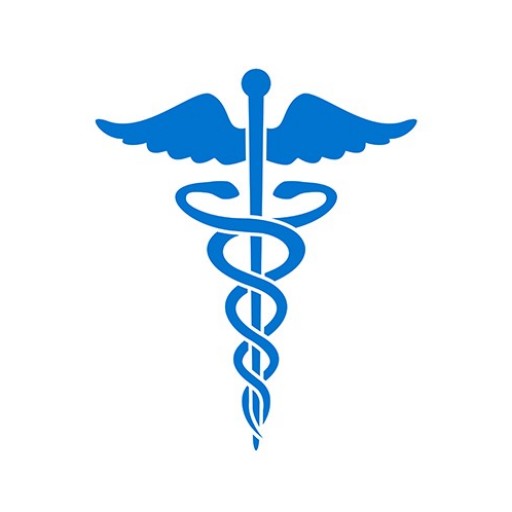The Nurse Multi-State Privilege Adverse Action Classification Codes were developed to allow the reporting of actions taken against a nurse’s privilege to practice under the NLC. The State that issues the license to practice (the nurse’s home State or State of residency) should use the Licensure Adverse Action Classification Codes to report an action it takes against the nurse’s license. If the remote State (the State that did not issue the license) also takes an action against the nurse’s Multi-State Privilege to Practice, it should also file a separate report of that action using the Multi-State Privilege Adverse Action Classification codes. Both the Nurse Multi-State Privilege Adverse Action Classification Codes and the Licensure Adverse Action Classification Codes are included under the State Licensure Action category.
A payment made at the low end of a high-low agreement (that is in place prior to a verdict or arbitration decision) should not be reported if the fact finder rules in favor of the defendant-practitioner and assigns no liability to the defendant. However, the payment is reportable if the fact finder rules in favor of the plaintiff or the agreement is not in writing.
Claimant expenses, referred to in the NPDB Guidebook as loss adjustment expenses (LAEs), are payments made for expenses other than those in compensation of injuries, such as attorney’s fees, billable hours, expert witness fees, etc. Claimant expenses should be reported to the NPDB only if they are included in the medical malpractice payment. In this case, the expenses should be itemized in the description section of the Medical Malpractice Payment Report. If the claimant expenses are not included in the medical malpractice payment, or if a payment is only for claimant expenses, then they are not reportable to the NPDB. Please note: reporting requirements specify that the total amount of a medical malpractice payment and a description and amount of the judgment or settlement and any conditions, including terms of payment should be reported to the NPDB.
A formal denial of a physician’s license renewal is a reportable adverse licensure action to the NPDB and the HIPDB.
The NPDB requires State agencies that license health care practitioners and entities to report adverse actions resulting from formal proceedings. These actions include any loss of a license, whether by operation of law, voluntary surrender (excluding those due to non-payment of licensure renewal fees, retirement, or change to inactive status), or otherwise.
The HIPDB requires State agencies that license or certify health care practitioners, providers and suppliers to report final adverse actions. These actions include any loss of the license or the right to apply for, or renew, a license, whether by operation of law, voluntary surrender, non-renewal (excluding non-renewals due to nonpayment of fees, retirement or change to inactive status) or otherwise.
No, it is not reportable. If the health care organization’s medical staff policy requires board certification, the automatic or administrative denial of medical staff membership or of a clinical privileges based on the practitioner’s failure to meet this requirement is not reportable. Adverse medical staff membership or clinical privileges actions are reportable to the NPDB when they result from professional review actions relating to the practitioner’s professional competence or professional conduct.
Yes. Regardless of whether the practitioner was aware that an investigation was being conducted, a practitioner’s resignation or surrender of privileges must be reported if the practitioner was under investigation at the time of the resignation or surrender. The reporting organization must be able to produce evidence that an investigation was ongoing at the time of the resignation or surrender to support the report if the practitioner challenges it. In addition, resignations and surrenders must be reported in situations in which the practitioner resigns or surrenders privileges after being notified that an investigation will be conducted, but before the investigation actually begins.
A hospital reviews a surgeon’s professional competence and, based on that review, assigns a surgical proctor to the surgeon for 60 days. The surgeon cannot perform surgery without being granted approval by the proctor or without the proctor being physically present during the surgery. Is the action reportable to the NPDB?
Yes. The health care organization must query on a locum tenens practitioner each time the practitioner applies for temporary privileges. To reduce the querying burden, if your facility frequently uses a particular locum tenens practitioner, you may choose to appoint the practitioner to the consultant staff or other appropriate staff category according to your by-laws. The facility would then query on the locum tenens practitioner biennially as part of the routine query process.
Yes. A medical resident is included within the definition of a physician if the resident is licensed or otherwise legally authorized by the State to practice medicine or surgery.
